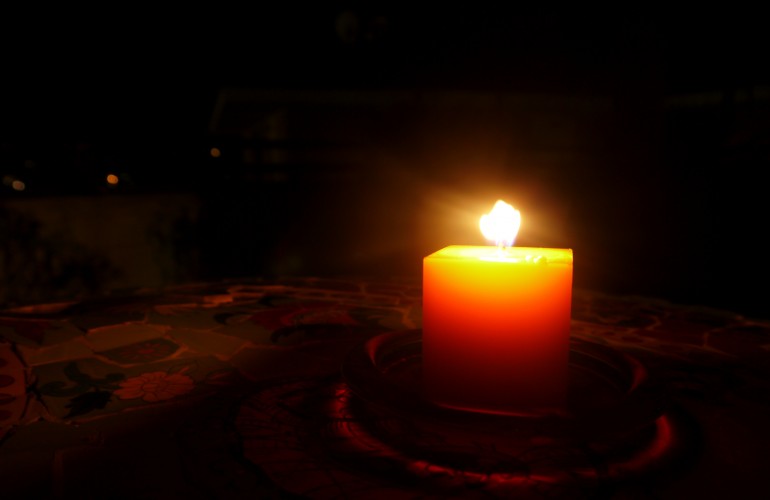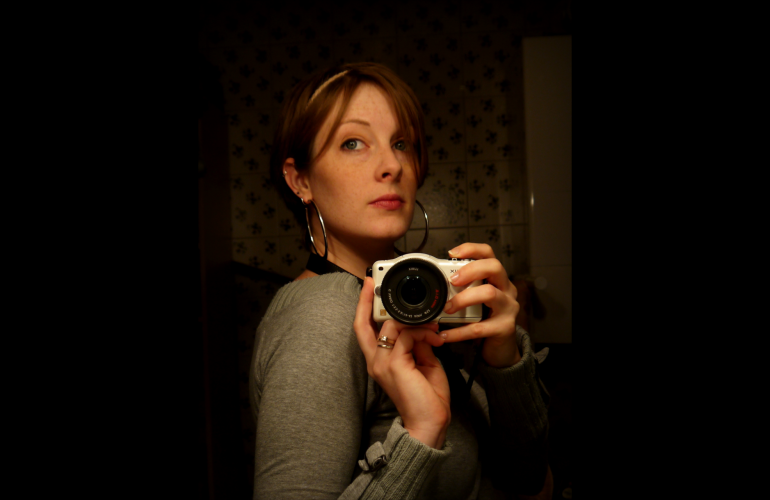As soon as I opened Facebook this morning, the site recommended two pages for me based on my friends’ likes:
Guns and Shooting.
Guns and Shooting, and my friends’ names alongside pixelated thumbs of approval. Guns and Shooting, and a Facebook feed bristling in defense of assault rifles. Guns and Shooting, and quotes from religious figures implying that God allowed the tragedy as an act of revenge on a school system that no longer sponsors him. Guns and Shooting, and the caps-locked screams of loved ones fighting for their unhindered right to weapons of destruction.
As a culture (and I speak in sweeping generalities here), we Americans have accepted that violence can only be counteracted with more violence. We see war as 100% necessary and place our hope in the Jack Bauers of the nation. We think that the only way to defend ourselves from guns is to put more guns into circulation. We claim that if only the Sandy Hook teachers had been packing heat, Friday’s tragedy would have been averted. We believe in our hearts that we will have to use deadly force against another human being at some point in our lives, so it’s best to be prepared. We state that guns don’t kill people, people kill people, but we forget to count ourselves among the potential killers because we’re on the good guy team.
We respond to the massacre of twenty young children by defending the weapons that killed them.
As a child, I had fun shooting targets and small animals, and the cold cruelty of a machine made to destroy never entered my mind. Guns were just something every family kept in the coat closet. Even at university, when a classmate was expelled for stockpiling weapons and ammunition in his dorm room, I absorbed friends’ indignation on his behalf. “He would never use them to hurt anyone!” we all said. And on this point, we were probably right. My classmate enjoyed hunting, and where could he store his gear if not in his dorm room?
However, our university had rules in place to reduce the risk of mass murders, so they expelled the student who, regardless of motives, had stocked up on devices specifically designed to kill. And this is what the gun debate comes down to for me—risk reduction. No, there is no amount of legislation that will prevent psychopaths or terrorists from enacting violence. Yes, there will always be a healthy black market for weapons of destruction. Yes, people should have the right to defend themselves, especially on their own property. No, peace is never guaranteed.
But can we just step back for a moment from the mentality that violence is our birthright? Can we stop letting fear dictate our morals? Can we have the courage to take a fraction of the risk off the shoulders of innocent schoolchildren and hold it ourselves, in their stead? Rather than amending our lifestyles and outlooks and job descriptions to include more violence, can we consider amending the availability of its instruments?
I am not arguing to abolish gun ownership altogether, though my husband and I believe that as followers of Jesus, we need to take his teachings on nonviolence to heart. However, we need to talk and talk hard about why civilians are allowed to own assault machinery, why it’s easier to get bullets than to get Sudafed, and why the fiercest fight in the aftermath of Newtown is waged on behalf of the murder weapons.
We need to consider what we are saying about human life with our thumbs-up.
~~~
Further reading:
On Violence by D.L. Mayfield, who shares her thoughts on how to do radical pacifism
Breaking News, Bearing Arms by Rebecca Woolf, whose husband is with her today because of his stance on nonviolence
Do We Have the Courage to Stop This? by Nicholas Kristof, who shows that we’re more worried about regulating ladders than about regulating firearms
Speed Kills by William Saletan, who holds Friday’s tragedy up against school attacks outside the U.S.
God Angrily Clarifies ‘Don’t Kill’ Rule by The Onion, who brilliantly, profanely, and heartbreakingly speaks the obvious
Love Your Enemies by Jesus, who lived it
Feel free to add your own suggested links in the comments!





